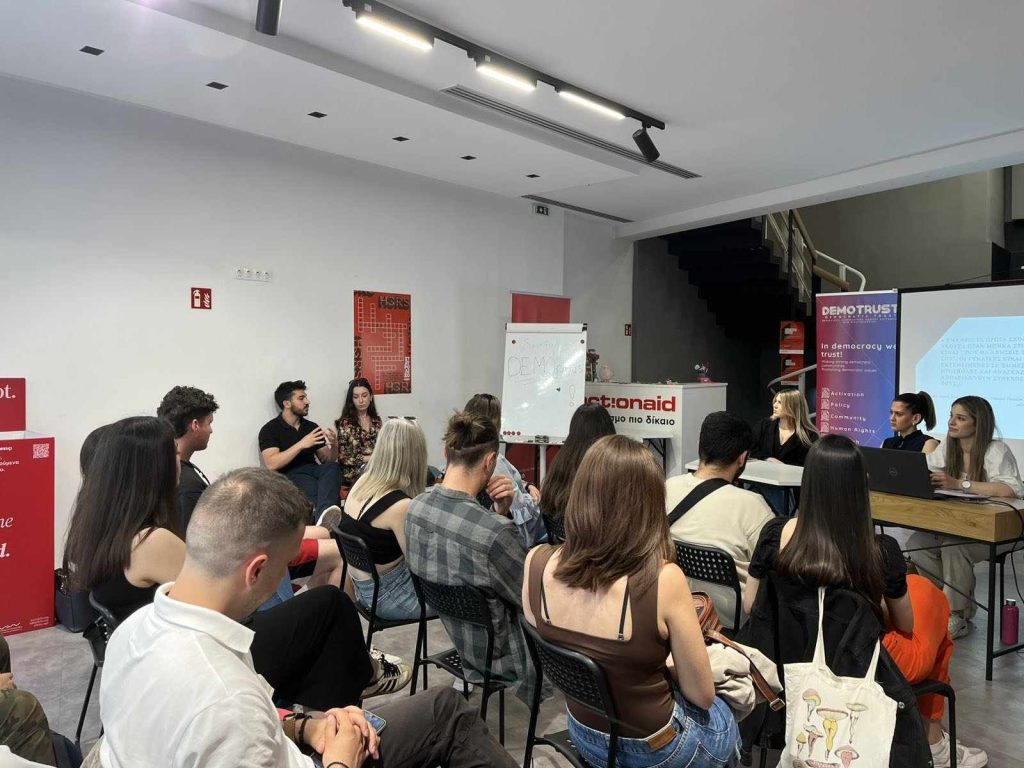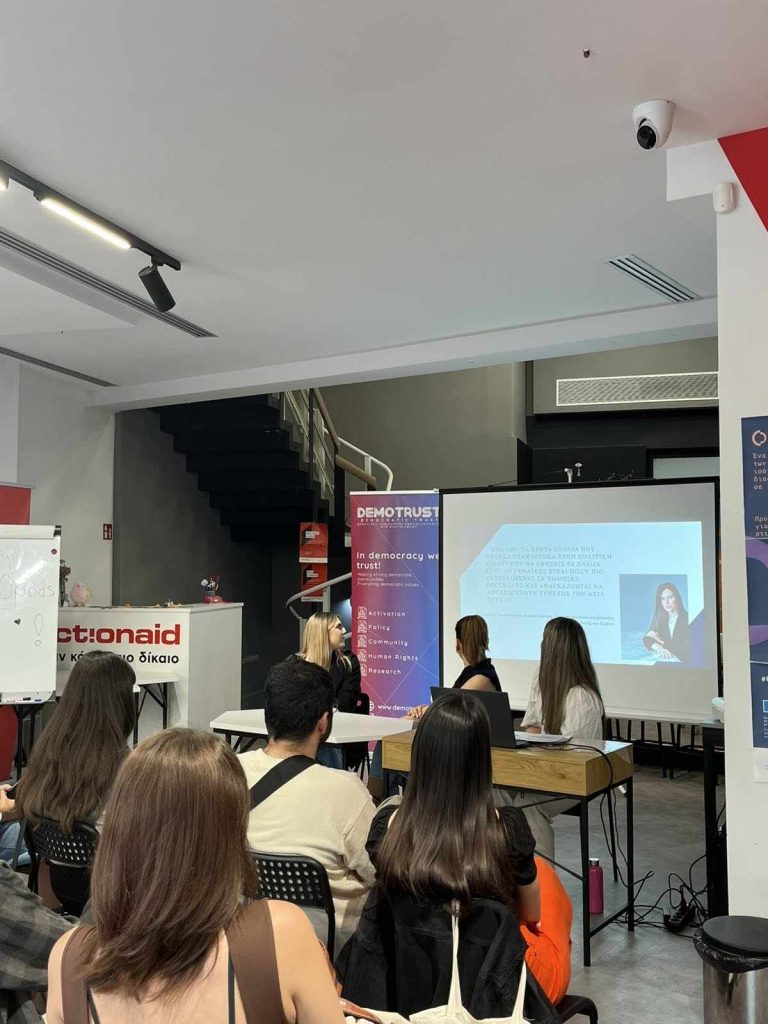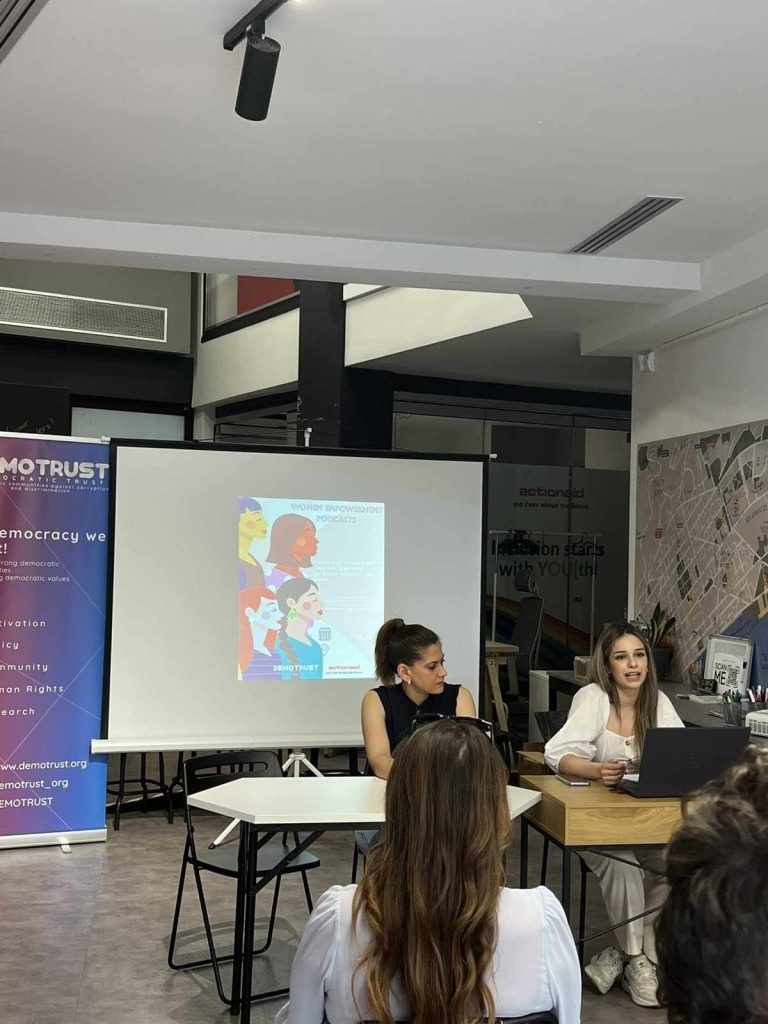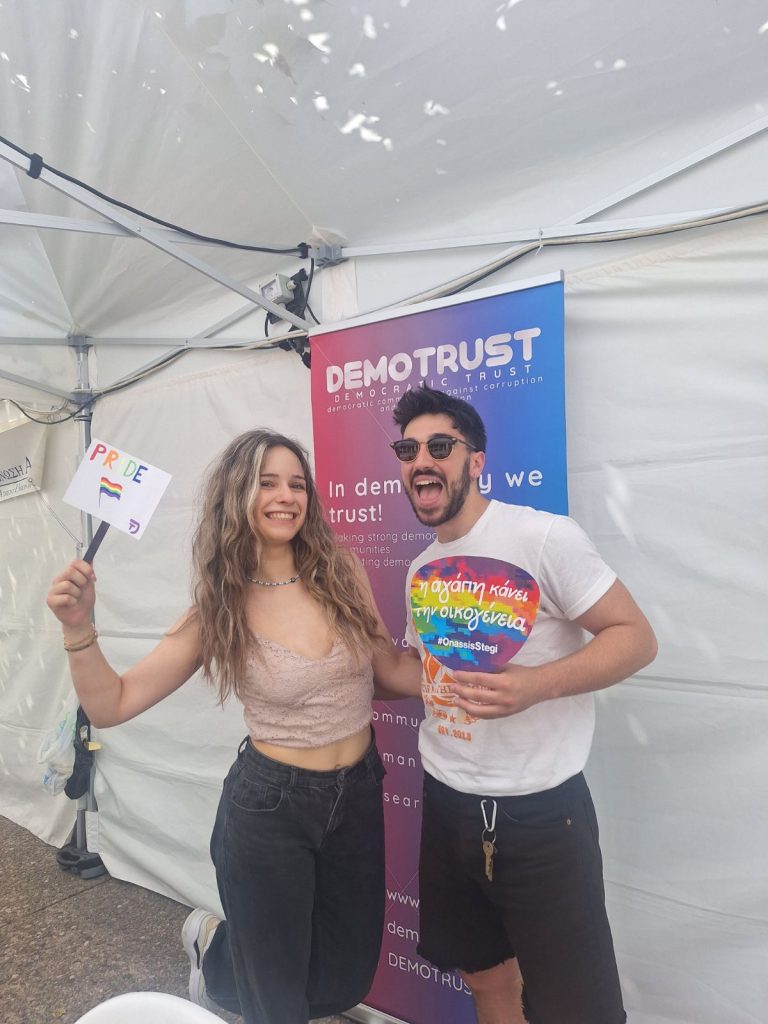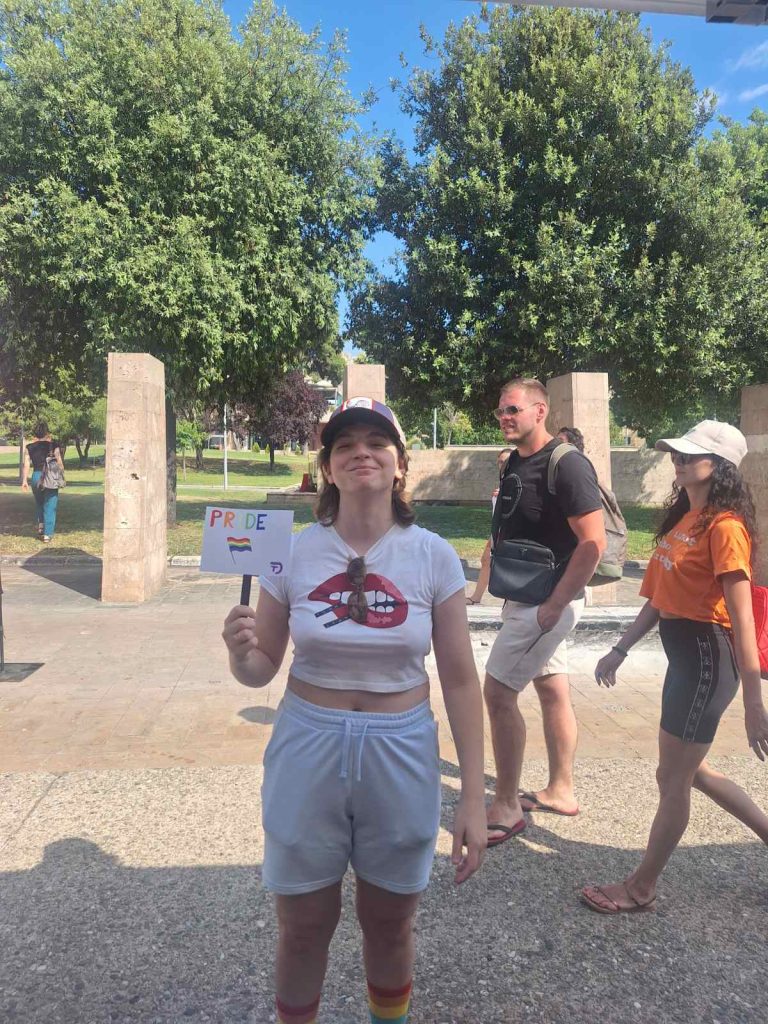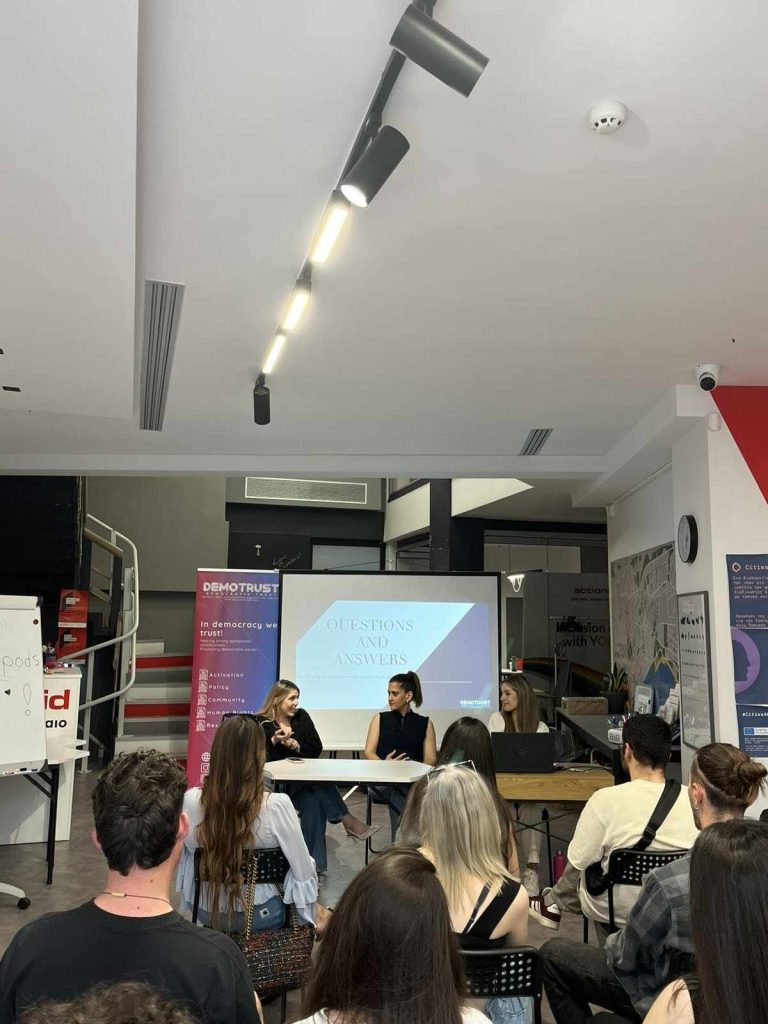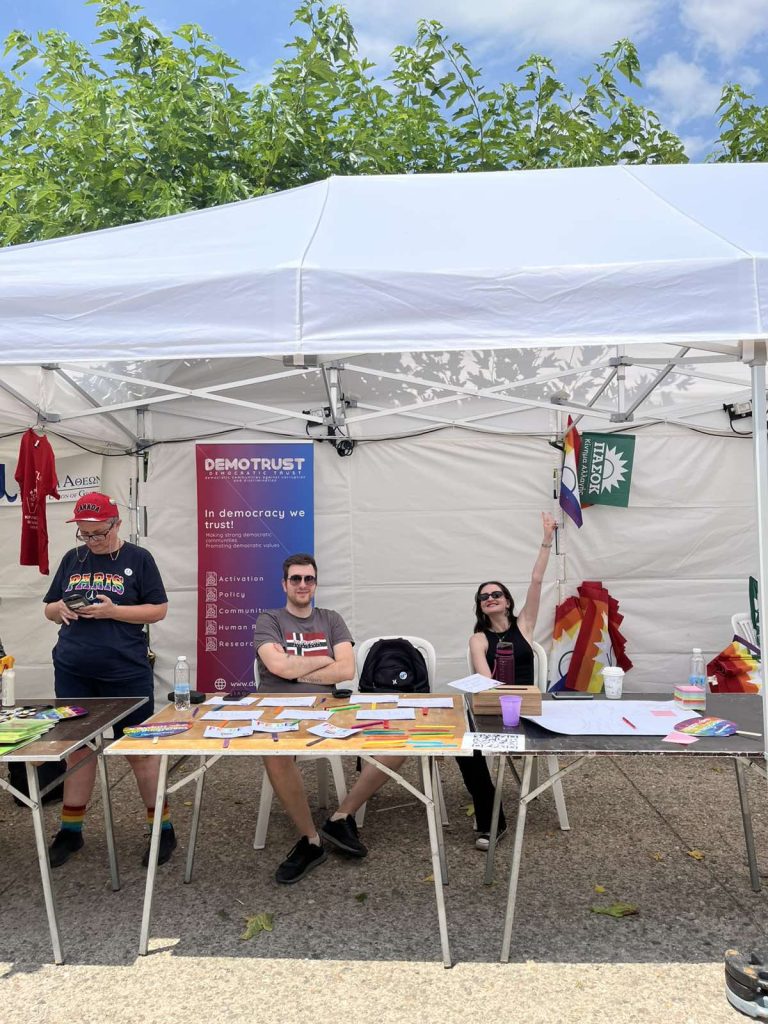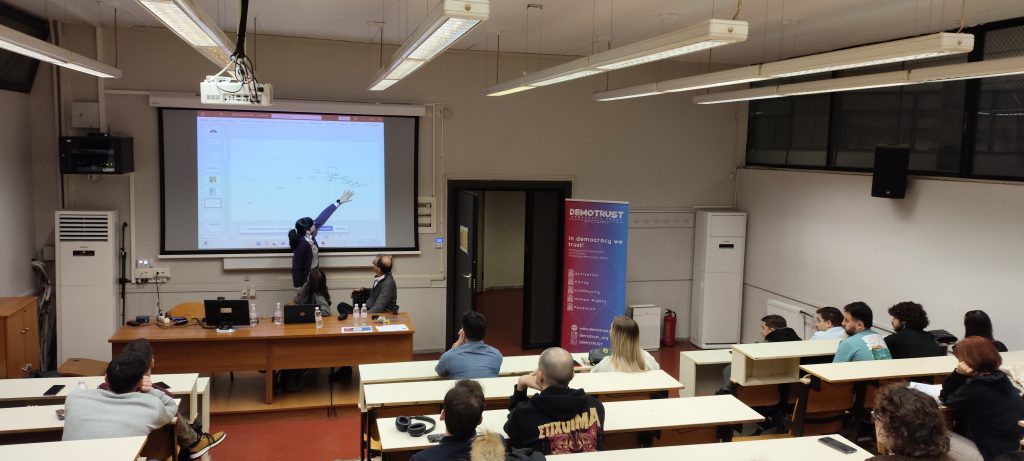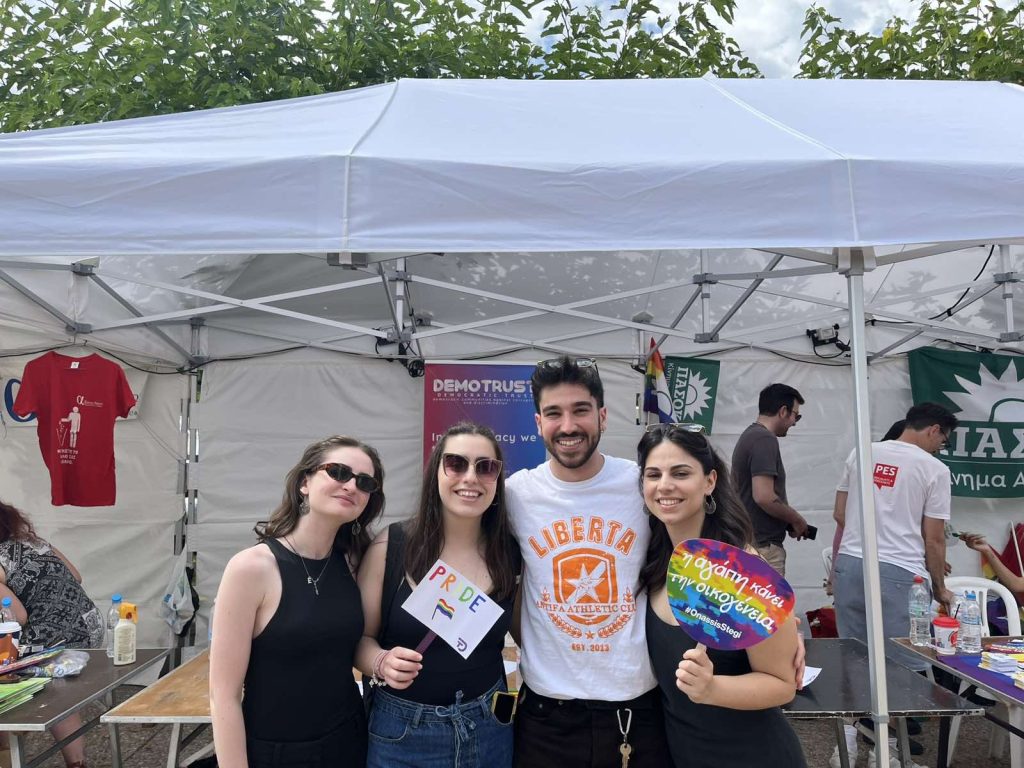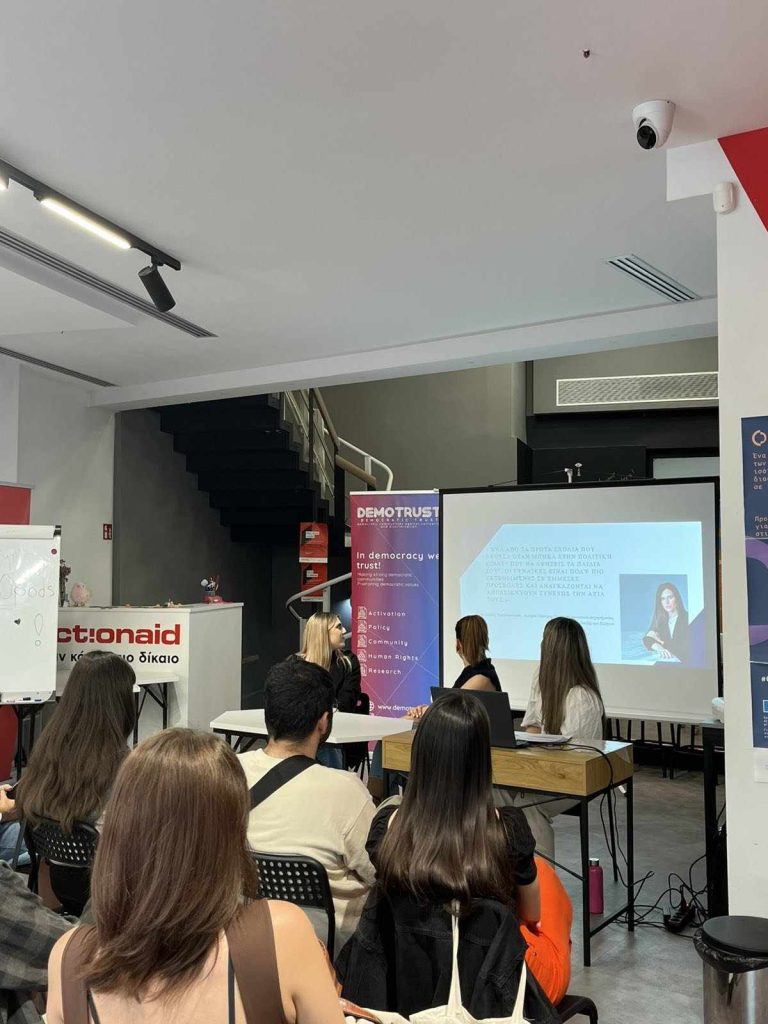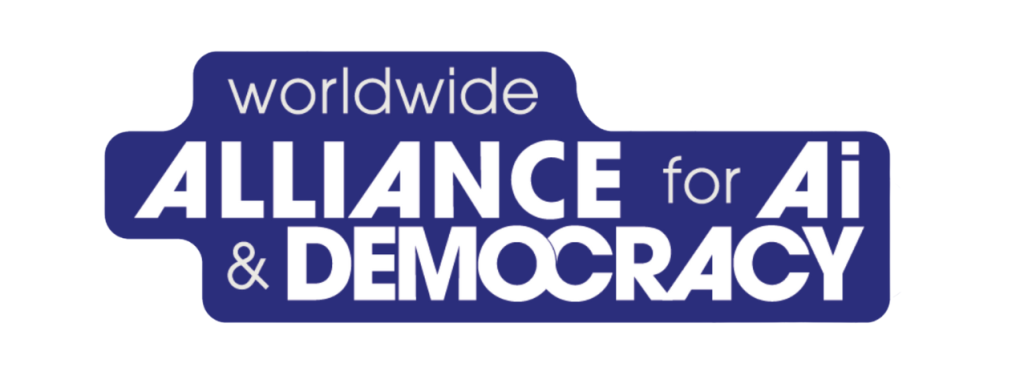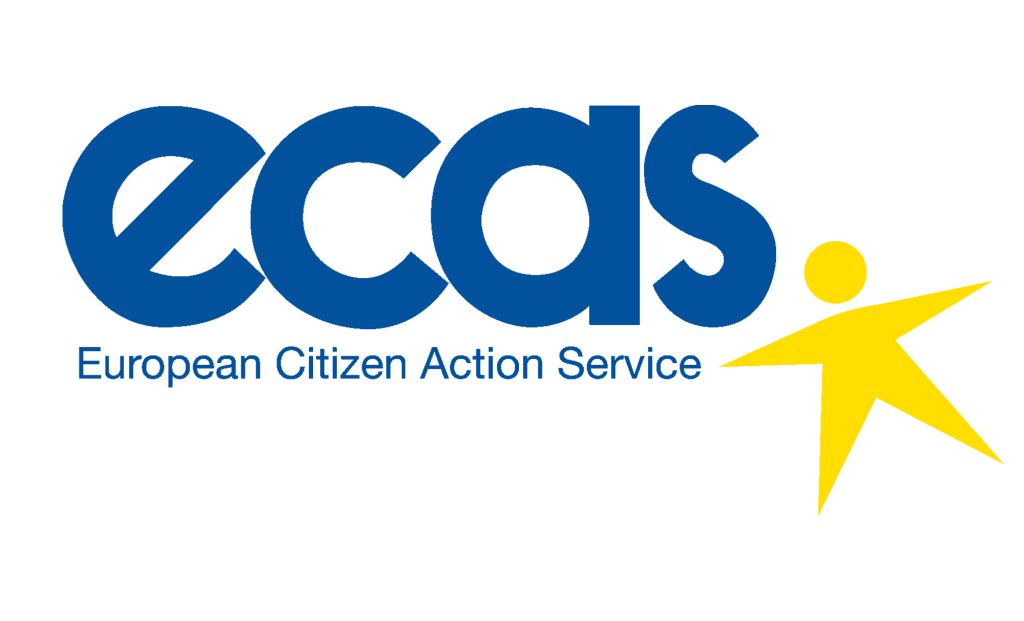In democracy we trust!

Empowering Local Authorities
Strengthening institutions and the quality of democracy at local and national level

Participatory Democracy
Ensure the reflection of people’s will
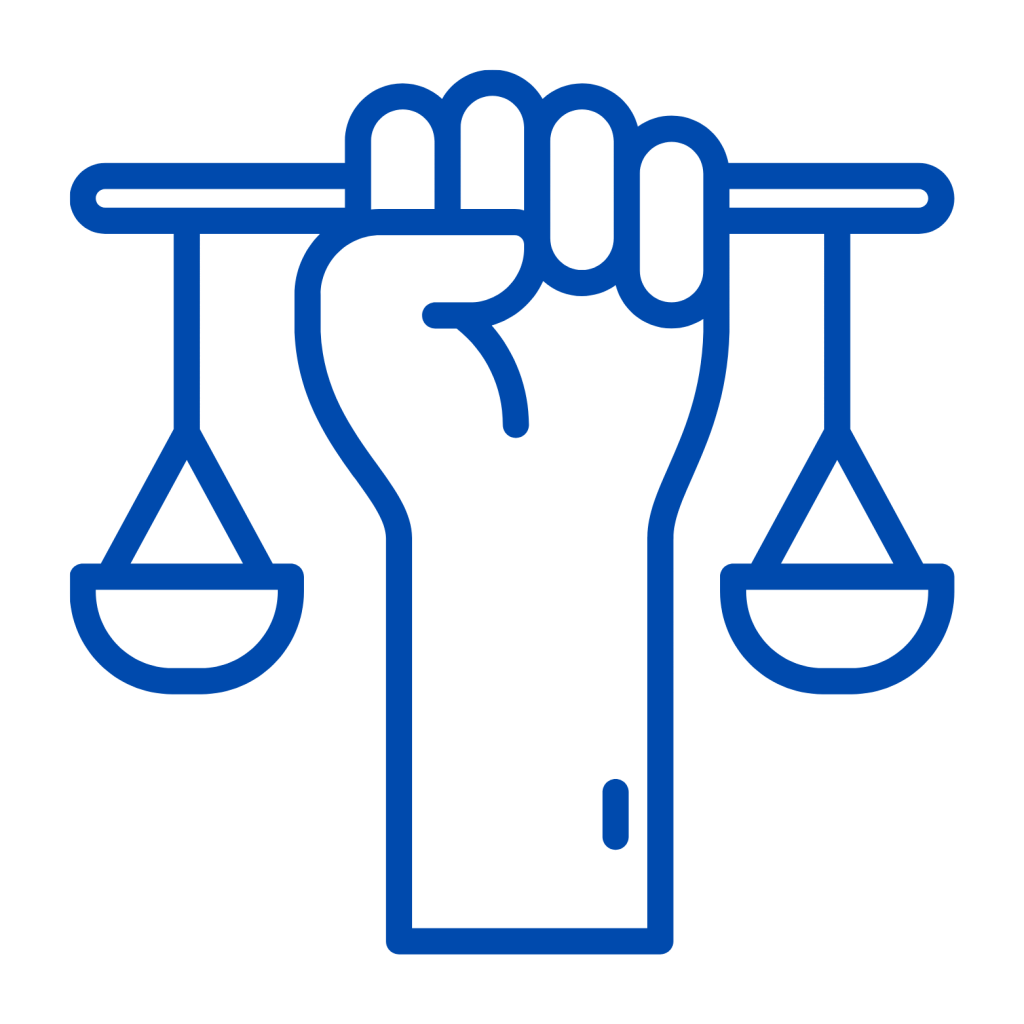
Human Rights
Citizenship and participation are established fundamental rights

Policy Research
Studying the quality of institutions and the democratic functioning of local communities.

Be a Volunteer here!
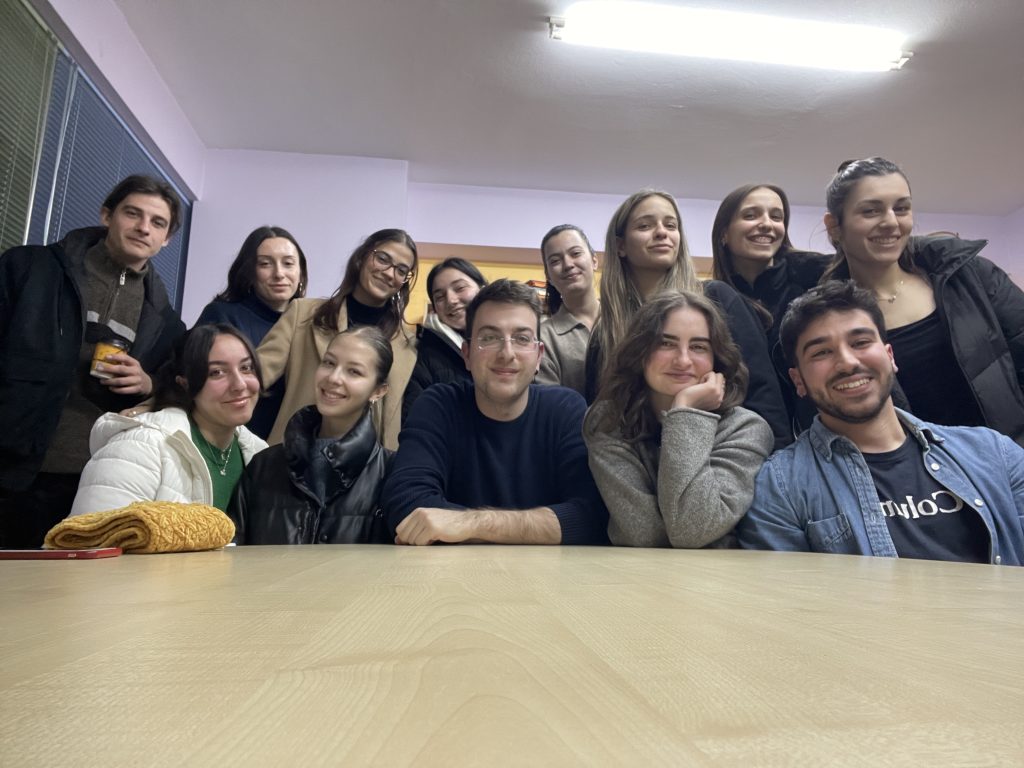
News
- DEMOTRUST is the new member of ECAS!
- Η DEMOTRUST στο Thessaloniki Pride 2025
- DEMOTRUST Joins Worldwide Alliance on AI and Democracy
- Condemnation of the Seizure of the Ship Madleen and Call for the Immediate Release of its Activists
- Presenting Demopods: Our First Event on Women’s Empowerment
About us
DEMOTRUST (Democratic Trust: Democratic communities against corruption and discrimination A.M.K.E.) is a youth-led and grassroots Greek think tank (est. 2024), consisted of young political scientists, PhD candidates and active citizens, dedicated in developing actions, tools, policy research and recommendation on democracy, trasparency, trust in institutions, and youth activism.
DEMOTRUST’s main activities are the development of tools, guides, research and policy recommendations on democracy, young people’s trust in institutions and human rights. Therefore as a newcomer organisation it seeks to implement – in cooperation with other civil society organisations and local authorities – projects and interventions that engage young people and develop their skills, strengthening the local communities and groups in which they operate.
DEMOTRUST activities seek to relate to three target groups:
On the one hand, children/students aged 12 – 16, where through democratic activation activities in schools they will be able to understand through non-formal learning activities the value of democracy and participation.
On the other hand, young people aged 16 – 30 who are starting to enter productive life and who can develop democratic and social resilience skills through experiential activities, awareness-raising and participation in the design of interventions and projects.
Finally, the third target age group of DEMOTRUST is the middle-aged – older people, who have years of experience in participating in collective processes, but who need appropriate support for critical thinking and attitudes towards events. To work successfully with these groups, it is essential to conduct the necessary research and produce the necessary training materials and tools.

Board of Partners
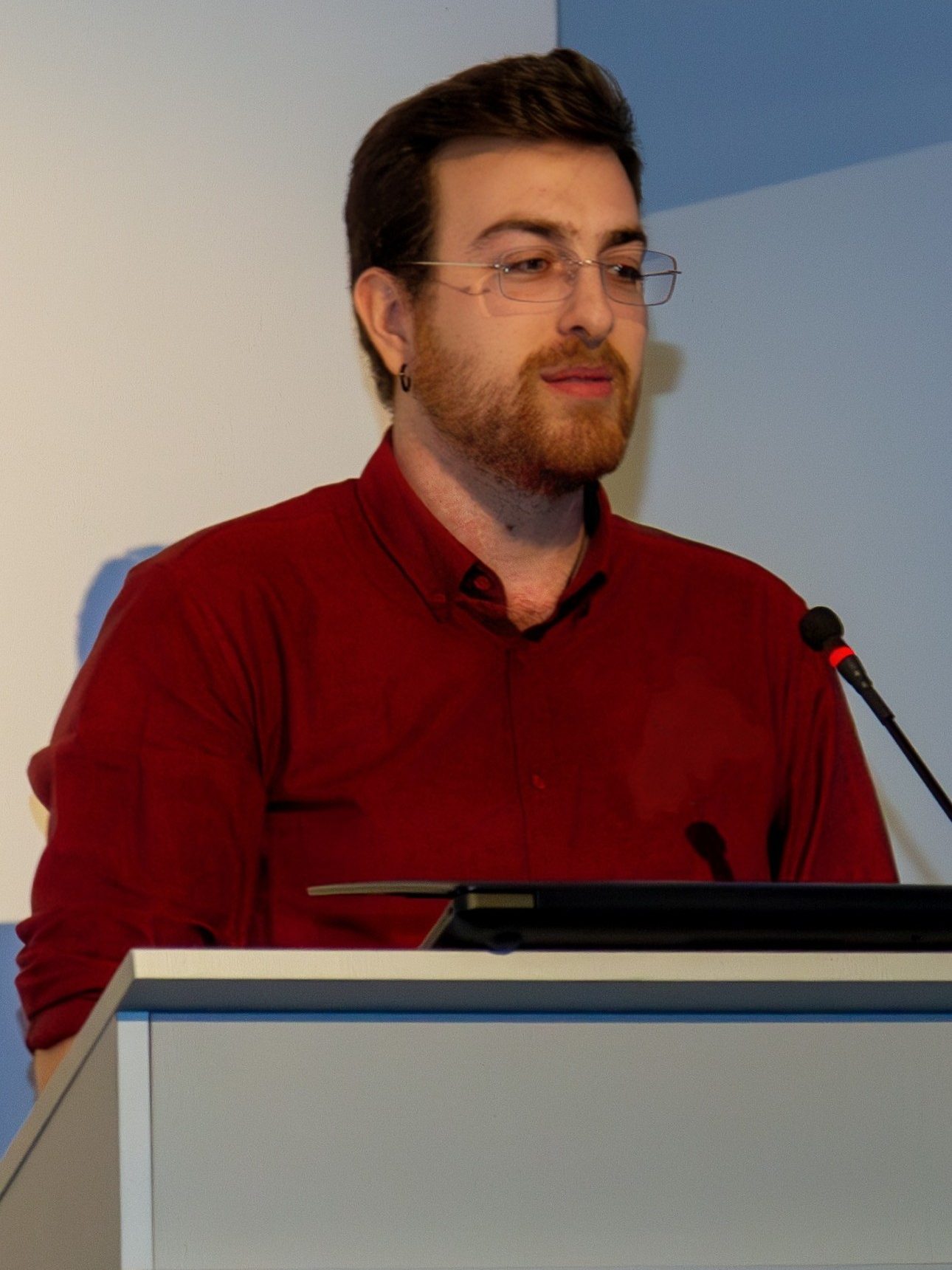
Fotis Kizakis
Managing Director
Fotis Kizakis is political scientist (BA in Political Science at Aristotle University of Thessaloniki) and cultural economist (MA in Cultural Economics and Entrepreneurship at Erasmus University Rotterdam). He is currently PhD candidate in Department of Political Science in Aristotle Unviersity of Thessaloniki, and has broad experience in EU Project Management and Proposal Writing.
He is Managing Director, Head of Project Development and Management and co-founder of DEMOTRUST.
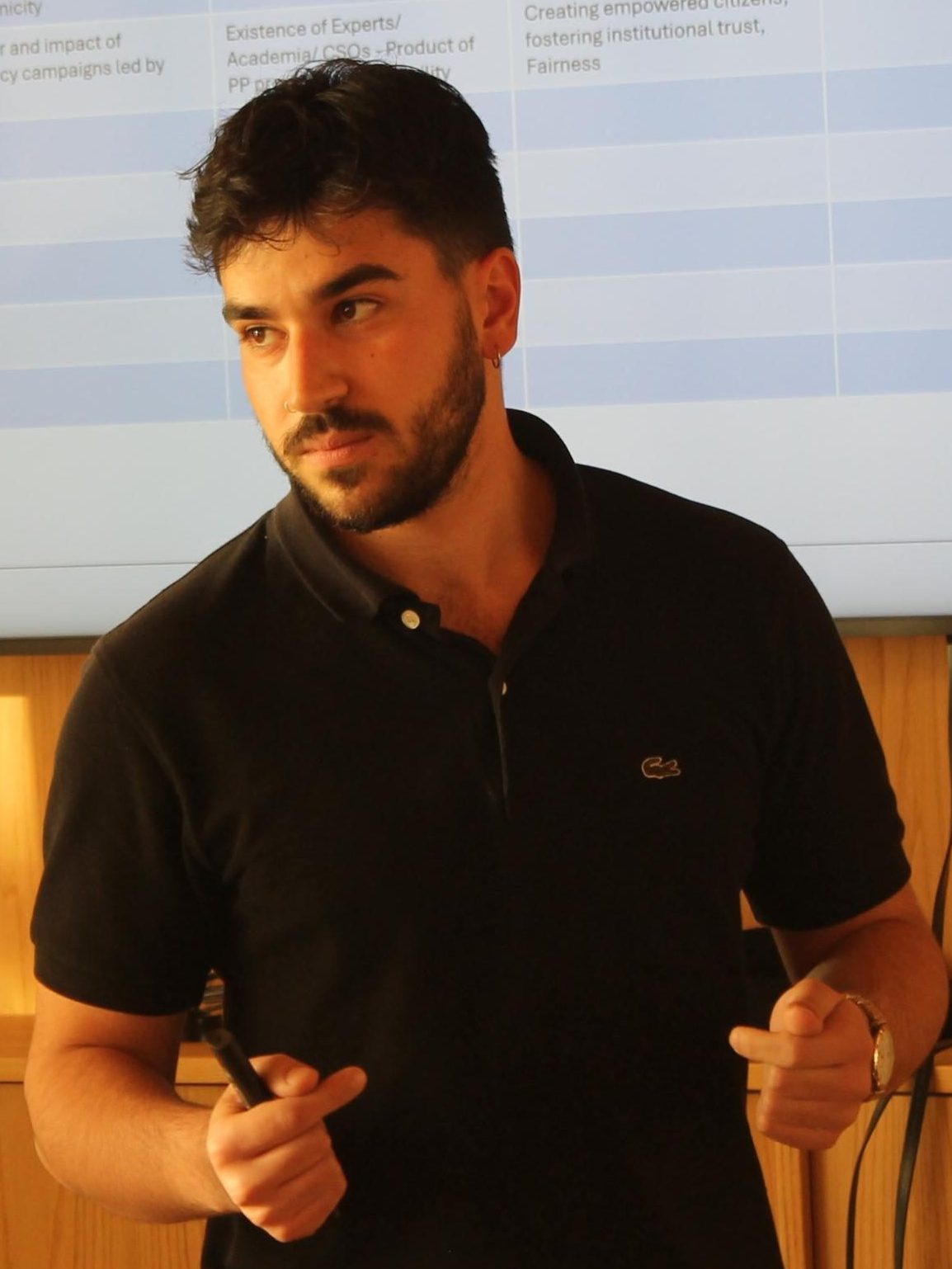
Alexandros Poulakis
Scientific Director
Alexandros Poulakis has a BSc in Political Science (AUTH), earned with excellence and a scholarship. He also holds an MSc in Humanitarian Logistics and Crisis Management from the University of Macedonia (UoM) and the International Hellenic University (IHU). He is currently PhD candidate in Department of Political Science in Aristotle University of Thessaloniki, with passion in promoting transparency, democracy, human rights.
He is the Scientific Director, Head of Policy Research and co-founder of DEMOTRUST.

Eva Zisi
Human Rights Director
Eva Zisi is a political scientist with a Bachelor of Arts degree from Aristotle University of Thessaloniki (AUTH) and a Master’s degree in International Politics from KU Leuven. She has completed two internships with the UNESCO Chair in Thessaloniki, where she specialized in women’s empowerment.
She is Human Rights Director, Head of Human Rights Defense and co-founder of DEMOTRUST
Meet our team

Oceanis Kapousidou
Volunteers Coordinator
Okeanis Kapousidou is a graduate of the Department of Political Science at the Aristotle University of Thessaloniki with interests including political analysis, public administration, international relations and cybersecurity. In addition, she writes on current political issues and has experience in event organization and photography.
She is the Volunteers Coordinator of DEMOTRUST.

Theodora Maria Kefaladeli
Social Media Manager
Theodora Maria Kefaladeli is a political scientist, who specialises in International and European Studies, with a bachelor degree from University of Macedonia (UoM). She is eager to promote human rights, transparency and the education on the problem of disinformation.
She is the Social Media Manager and a volunteer in DEMOTRUST.

Maria Potamianou
Communication Manager
Maria Potamianou is a political scientist (BA in Political Science at the Aristotle University of Thessaloniki) with a broad academic background focusing on international relations, human rights (Amnesty International Greece) and cultural diplomacy (Hellenic Institute for Cultural Diplomacy).
She is the Communication Manager and volunteer in DEMOTRUST.
Networks
Commited to UN Sustainable Development Goals:

DEMOTRUST directly supports United Nations Sustainable Development Goal 16 by promoting transparent, accountable, and inclusive institutions through youth-led research and civic action. By focusing on issues like corruption, discrimination, and declining trust in democratic systems, the organization contributes to building more effective governance and public accountability—key pillars of peaceful and just societies.
Declaration of Values
Thessaloniki, 24 July 2024
Today, fifty years after the restoration of Greek democracy, it is more than obvious that democracy as a social phenomenon needs a reboot.
Fifty years after the beginning of the smoothest and most mature period of Greek statehood, political institutions are in a deep crisis of trust. The transformation of the financial crisis of 2008 into a social and political crisis tested the political system and found it unable to maintain its legitimacy, leading many to speak of the end of the “metapolitefsi” period of 1974. The political parties, leaders, institutions, political values and ideas that marked the post-WWII period – the epilogue of a massive political 20th century – are now in a deep crisis, dragging democratic values themselves with them.
Both at national and European level, the rapid rise of abstention and the presentation of anti-democratic forces and their demands as the “only viable alternative to governance” are the predictable result of both indifference and lack of trust in democracy and the dysfunctions of the democratic constitution itself. Democracy is presented as a bad option, an option that enables ‘corrupt politicians’ and ‘vested interests’ to ‘play their game behind closed doors’.
In this way, citizens believe that the only solution is the dissolution of the social contracts that have defined the political process in favour of new ones, which – frankly – put the core values and assurances of liberal democracy and pluralism into question reintroducing discrimination and brutality against political opponents and ‘different citizens’ as the necessary price to pay for justice.
The empowerment of local communities is now becoming absolutely necessary to tackle the dangers that threaten democracy.
In this context, the use of political science is emerging as the main tool for strengthening democratic communities to resist corruption and discrimination.
The fiftieth anniversary of modern Greek democracy, giving us pause for thought, is therefore a reminder that democracy is not and should not be taken for granted. In this context, we decided to form and create the organization “DEMOTRUST” with the aim of enhancing the quality of the democracy in our country and strengthening citizens’ faith in democracy.
As DEMOTRUST we are committed to work hard for a transparent, participatory and inclusive democracy.
As political scientists, we expect through our work to promote transparency and integrity in both institutions and every public official, aiming to strengthen citizens’ trust in democratic institutions.
Our action will aim for a society where discrimination based on gender, ethnicity, religion or social class does not exist. Through the development of research tools and interventions at the micro-level of social action our organisation expects:
– Empower local communities and administrations by strengthening their institutions, their measures against corruption, and citizens’ trust in democratic processes,
– ensure safe access for all individuals to social and political life on an equal basis,
– develop educational tools and materials in terms of assessing the functioning of institutions,
– promote European and democratic values; and,
– enhance the participation of young people in democratic processes.
We wish a happy birthday to our democracy and we consistently continue the fight to protect and strengthen it, taking – as we should – one step further.
On behalf of DEMOTRUST
Fotis Kizakis
Alexandros Poulakis
Eva Zisi
Objectives
The main objectives of DEMOTRUST are:
- Strengthening institutions and building citizens’ confidence in them.
- Ensuring safe and equal access for everyone to social and political life, with a focus on the quality of democracy in local and regional governance.
- Promoting scientific research and documentation on the quality of institutions and democracy in local communities.
- Developing tools and educational materials for evaluating the function of institutions.
- Empowering youth and encouraging their participation in democratic processes that shape their future.
In order to achieve its intended purpose, DEMOTRUST does the following:
- Invitation of experts from Greece and abroad, particularly in the fields of political and social sciences, to conduct research and organize relevant seminars and workshops.
- Organization of special seminars and lectures to inform and raise public awareness of the organizations’ objectives.
- Conducting and organizing workshops to empower and engage young people in democratic activities.
- Participation in and implementation of research and educational programs with European Union bodies, government agencies, or other entities that share similar or related objectives to those of the organization.
- Education and training of staff, whether domestically or abroad, to enhance the organization’s operations, funded by the organization.
- Cooperation with public or private institutions, both domestic and international, that are aligned with the organization’s objectives.
- Establishment of volunteer groups within university departments to promote democratic engagement in areas relevant to the organization’s mission.

